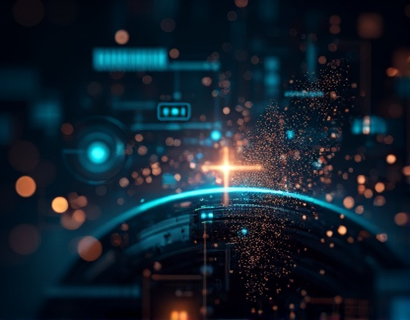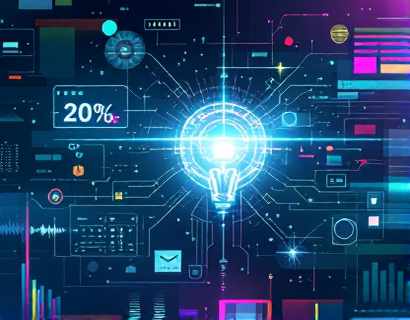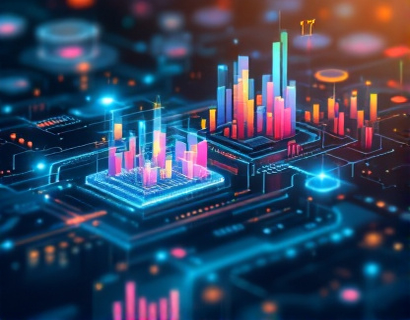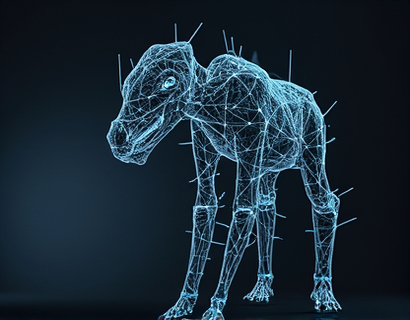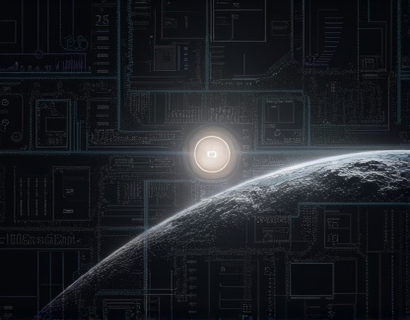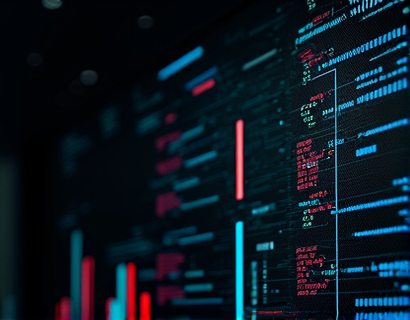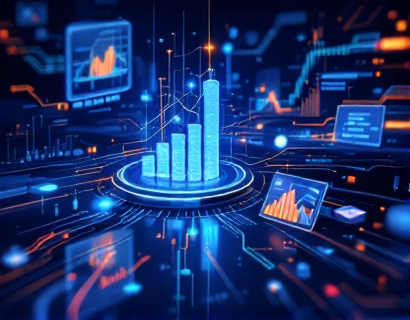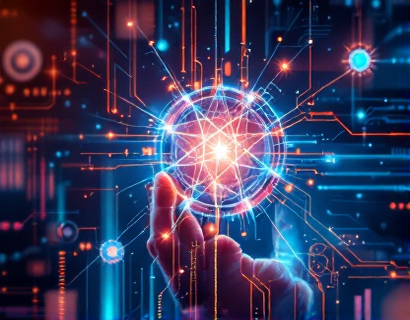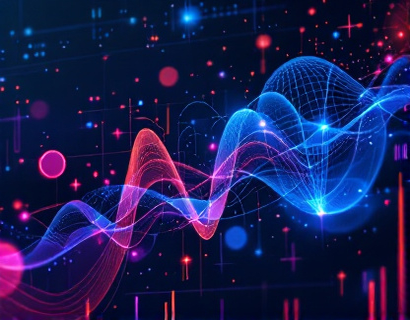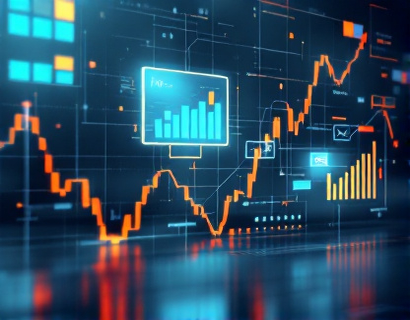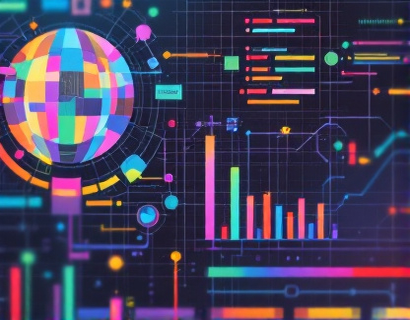Crypto and AI: Transforming Digital Experiences with Blockchain and Machine Learning
The intersection of cryptocurrency and artificial intelligence (AI) is revolutionizing the digital landscape, offering unprecedented opportunities for innovation and enhanced user experiences. This article delves into the transformative impact of integrating these two cutting-edge technologies, focusing on how they are redefining digital solutions and enhancing interactions within the blockchain ecosystem.
Understanding Cryptocurrency and AI
Cryptocurrency, a digital or virtual currency that uses cryptography for security, operates on a decentralized network known as blockchain. This technology ensures transparency, security, and immutability in transactions. On the other hand, AI refers to the simulation of human intelligence processes by machines, particularly computer systems. These processes include learning (the acquisition of information and rules for using it), reasoning (using rules to reach approximate or definite conclusions), and self-correction.
The convergence of cryptocurrency and AI creates a powerful synergy. AI can enhance the functionality and efficiency of blockchain networks, while blockchain provides a secure and transparent environment for AI algorithms to operate and evolve. This synergy is driving the development of smarter, more secure, and more efficient digital solutions.
Enhancing Blockchain Security with AI
One of the primary benefits of integrating AI with blockchain is the significant improvement in security. AI algorithms can detect and respond to anomalies in real-time, identifying potential threats that traditional security measures might miss. For instance, machine learning models can analyze patterns in transaction data to spot unusual activities indicative of fraud or hacking attempts.
Moreover, AI can strengthen the consensus mechanisms used in blockchain networks. By predicting and mitigating potential attacks, AI helps maintain the integrity and reliability of the blockchain. This is particularly crucial for decentralized applications (dApps) that rely on the trustless nature of blockchain technology.
Optimizing Blockchain Performance with AI
Blockchain networks, especially those that are public and permissionless, often face scalability issues. AI can play a pivotal role in optimizing these networks by improving transaction processing speeds and reducing costs. For example, AI-driven algorithms can optimize the selection of nodes and the routing of transactions, ensuring that the network operates efficiently even under high load.
Additionally, AI can enhance the development and maintenance of smart contracts. By analyzing code patterns and predicting potential vulnerabilities, AI tools can help developers write more secure and efficient smart contracts. This not only speeds up the development process but also reduces the risk of errors and exploits.
Personalized User Experiences through AI
The integration of AI in blockchain applications extends beyond security and performance to create personalized user experiences. AI algorithms can analyze user behavior and preferences to tailor services and recommendations. In the context of blockchain, this means that users can enjoy more intuitive and user-friendly dApps that adapt to their specific needs.
For instance, AI can enhance customer support in decentralized finance (DeFi) platforms by providing instant, context-aware assistance. Chatbots powered by natural language processing (NLP) can understand and respond to user queries in real-time, offering solutions and guidance seamlessly.
Tokenization and AI-Driven Market Insights
Tokenization, the process of converting assets into tokens on a blockchain, is another area where AI can add significant value. AI can analyze market data and trends to predict asset values and optimize token pricing. This not only benefits issuers by ensuring fair pricing but also helps investors make more informed decisions.
Furthermore, AI can enhance liquidity in tokenized markets by identifying and matching buyers and sellers more efficiently. By analyzing trading patterns and market sentiment, AI algorithms can facilitate smoother and more efficient transactions, reducing slippage and improving overall market functionality.
Supply Chain Transparency with Blockchain and AI
The combination of blockchain and AI is particularly transformative for supply chain management. Blockchain provides a transparent and immutable ledger for tracking goods from origin to destination, while AI can analyze this data to optimize logistics and ensure compliance with regulations.
AI-driven analytics can identify bottlenecks and inefficiencies in the supply chain, suggesting improvements and automating processes where possible. This not only enhances transparency but also reduces costs and improves delivery times. For consumers, this means greater trust in the products they purchase, knowing that the supply chain is transparent and ethical.
Challenges and Considerations
While the integration of AI and blockchain offers numerous benefits, it also presents challenges that need to be addressed. One of the primary concerns is the computational power required for AI algorithms, especially those involving complex machine learning models. Blockchain networks, particularly public ones, often have limited computational resources, which can hinder the performance of AI applications.
Another challenge is the regulatory landscape. The use of AI in financial and data-related applications is subject to stringent regulations, and ensuring compliance while leveraging these technologies is crucial. Developers and organizations must navigate these regulations carefully to avoid legal issues and maintain user trust.
Future Prospects
The future of cryptocurrency and AI is promising, with ongoing research and development poised to unlock even more innovative applications. As AI algorithms become more efficient and blockchain technology advances, we can expect to see more seamless integrations that enhance digital experiences across various industries.
For instance, the development of more energy-efficient consensus mechanisms will make it easier to run AI applications on blockchain networks. Additionally, the rise of edge computing will enable AI to process data closer to the source, reducing latency and improving response times for blockchain-based services.
Conclusion
The integration of cryptocurrency and AI is transforming the digital landscape, offering powerful tools for enhancing security, performance, and user experiences in the blockchain ecosystem. As these technologies continue to evolve, they will drive innovation and open up new possibilities for businesses and individuals alike. Embracing this synergy is essential for staying ahead in the rapidly changing world of digital technology.



